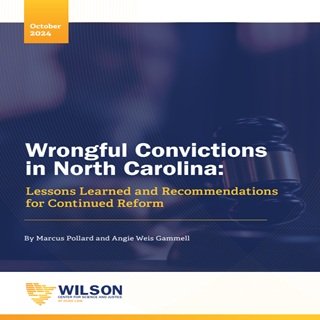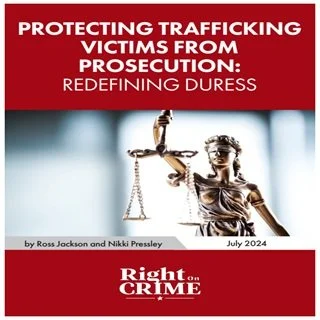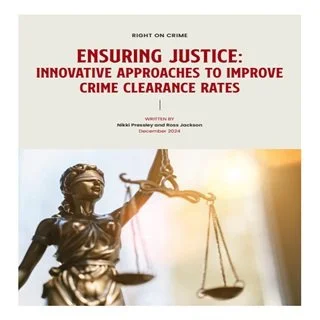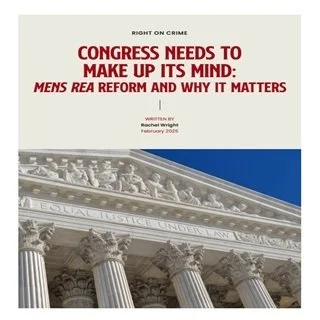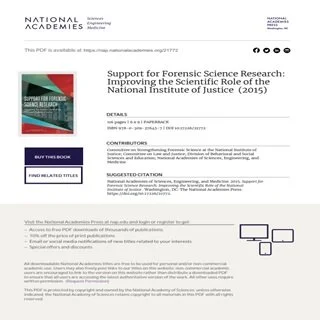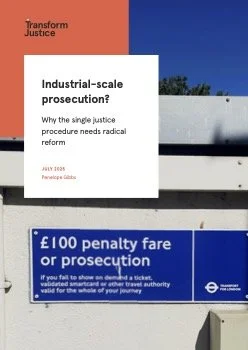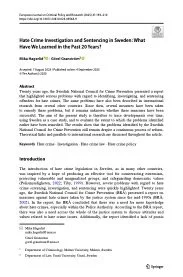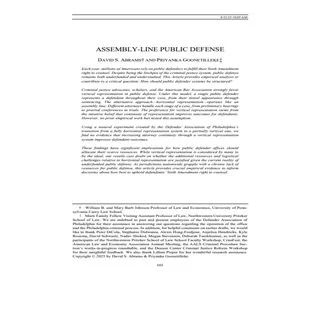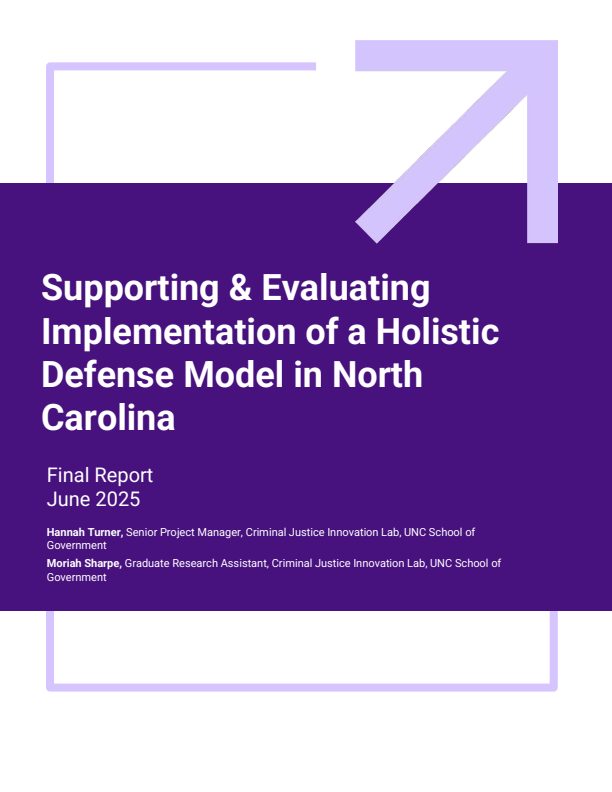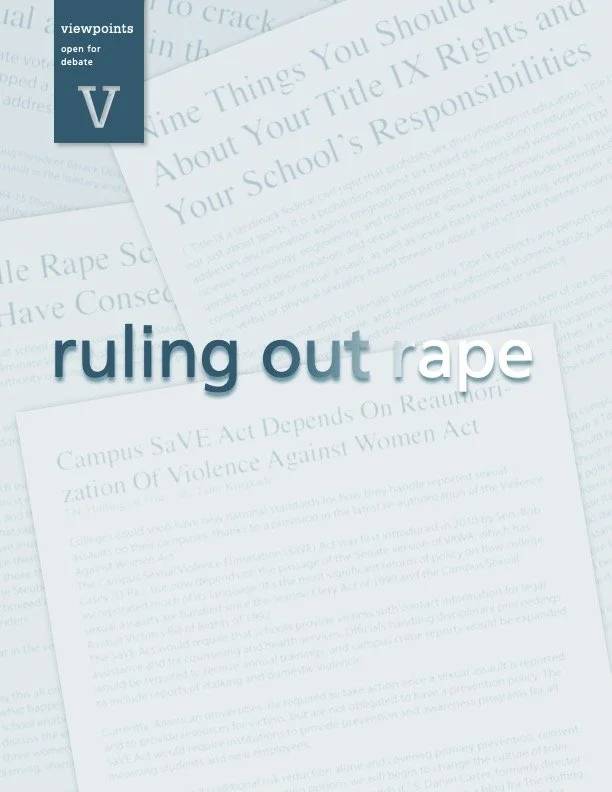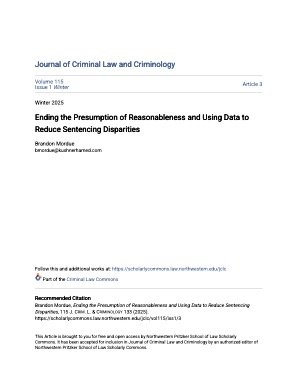By Marcus Pollard and Angie Weis Gammell
Guilt beyond a reasonable doubt is the bedrock principle of the American criminal legal system, and yet, thousands of innocent people have been convicted of crimes they did not commit. These wrongful convictions undermine the integrity of our criminal legal system. The National Registry of Exonerations (National Registry) has tracked every known exoneration since 1989 and reports that there have been 3,348 exonerations amounting to 29,950 years lost to wrongful incarceration. 1 This includes 75 exonerations in North Carolina since 1989, representing a combined 963 years of wrongful confinement. 2 In response to high-profile cases and exonerations, North Carolina implemented significant reforms in the early 2000s and became a leader in preventing wrongful convictions. During this time, North Carolina implemented open file sharing and established the North Carolina Innocence Inquiry Commission (“Commission”). North Carolina also enacted the Electronic Recording Act, the DNA Databank Act, and the Eyewitness Identification Reform Act. Several Innocence Project organizations were also established in North Carolina to represent individuals with wrongful convictions claims. One of those organizations, the Duke Wrongful Convictions Clinic, went on to become a founding member of the Innocence Network, which is a network of innocence organizations that work to combat wrongful convictions. 3 Since 2006, however, there have been 58 exonerations, 11 of which had their underlying conviction occurring after 2006, despite having these reforms in place. 4 These most recent wrongful convictions could result from the stall in reforms in North Carolina since the early 2000s.This report describes the wave of legislation that occurred in North Carolina in the early 2000s, considering both the improvements that were made and the gaps that remain. It then analyzes the 11 documented cases of wrongful convictions since the establishment of the Commission in 2006 to identify the reforms that North Carolina still needs. This report emphasizes that to reclaim its role as a national leader in conviction integrity, North Carolina should amend its open-file discovery policy, police interrogation practices, plea process, use of eyewitnesses and police informants, and use of forensic evidence. Finally, this report offers recommendations on ways to prevent wrongful convictions and make relief more accessible for those with plausible claims of factual innocence to ensure that those who have been wrongfully convicted have a genuine opportunity to prove their innocence. Overall, this report underscores the importance of taking proactive steps to prevent wrongful convictions and providing relief to those who have been wrongly convicted.
Durham, NC: Wilson Center for Science and Justice Duke University School of Law. 2024. 52p.


